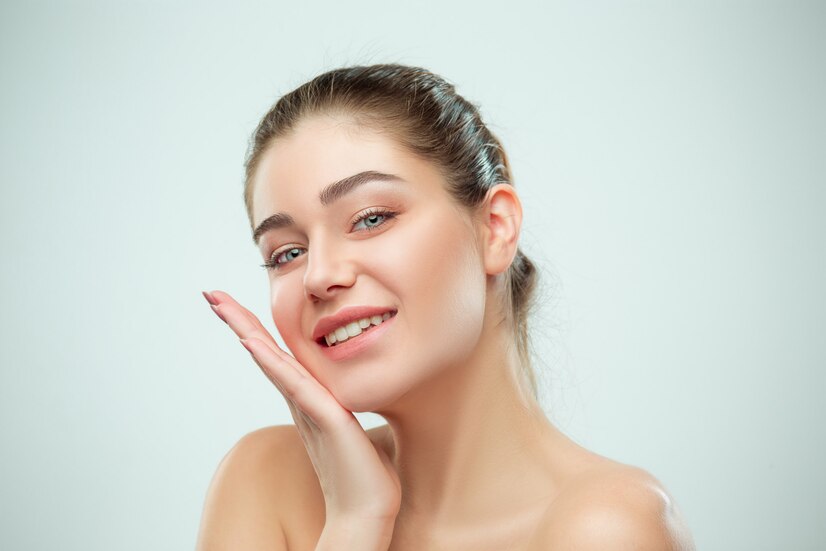Glutathione is an antioxidant with many health advantages. It detoxifies liver tissue and enhances immune function while being used as an antimelanogenic agent – though there remains debate as to its effects.
Noticing the results of Glutathione for skin lightening varies significantly; its dosage and length of use will determine its efficacy.
Topical applications
Glutathione, a low-molecular weight thiol tripeptide, plays an integral part in maintaining intracellular redox balance. Additionally, glutathione has antimelanogenic properties and may even be used as an effective skin-whitening agent in some ethnic communities. As an antioxidant it’s often present in cosmetic products.
Glutathione is produced primarily in the liver and its optimal functioning is key to maintaining good health and a vibrant complexion. Furthermore, glutathione detoxification plays a significant role in helping reduce toxins while encouraging cell regeneration and cell renewal. Glutathione also acts as an important anti-free radical shield, protecting against free radical damage while supporting other antioxidant enzymes within our bodies and helping them work more efficiently.
Whitening supplements and topical creams are available, both oral and topically applied, that contain hydroquinone to whiten skin tone and brighten dark spots and acne scars. Used alone or combined with other brightening agents like vitamin C, kojic acid or tranexamic acid for maximum effectiveness.
Oral supplements
Glutathione is an organic antioxidant produced in our bodies that provides protection from chemical toxins found both internally and externally, such as free radicals. Furthermore, glutathione may help prevent oxidation of fats that support healthy skin maintenance. Therefore, it’s vital that enough glutathione is consumed through food sources; eating fresh fruits and vegetables may increase its levels while smoking or canning may lower them.
Studies have demonstrated the efficacy of oral supplements for reducing dark spots and lightening skin tone. Liposomal glutathione supplements, which is encapsulated with fat molecules to allow easy absorption into bloodstream, were the best form of oral glutathione; one study demonstrated it increased glutathione levels significantly among 12 volunteers taking daily liposomal glutathione supplements.
Before taking glutathione supplements, it is recommended to consult a healthcare professional in order to receive proper dosage and monitoring of your health status, while minimizing risks like an increase in liver enzymes reported by some individuals.
Injections
Glutathione, produced by the liver in our bodies, is an antioxidant known for detoxifying and lightening skin tone. While glutathione alone does not do its work; vitamin E and lycopene must also be present for its effectiveness to work. Injections into arms or buttocks is often administered, although results may take up to three weeks depending on your skin color, health status and adherence with treatment.
Researchers’ discovery of glutathione’s antimelanogenic properties led them to use it as a skin lightening agent, particularly among ethnic populations. Unfortunately, evidence regarding its efficacy remains mixed, as there remains limited insight into duration and longevity effects accumulated with continued usage by pharma-cosmeceutical companies who continue supplying dermatology therapeutics with glutathione tablets and topical formulations.
IV infusions
An IV infusion of glutathione combined with Vitamin C is an excellent skin lightening treatment, designed to tackle hyperpigmentation, dark spots and other concerns. Glutathione acts as an antioxidant which flushes toxins out of your system, rejuvenating existing cells while stimulating new ones to form. Furthermore, its healing properties reduce inflammation and scarring.
Glutathione is widely used by beauty clinics to lighten skin tone. But its use remains controversial as glutathione only works effectively at small dosages; inhibiting enzyme tyrosinase (which produces pigments responsible for our skin color) may work, though this takes much longer than advertised; effective than patches of hyperpigmentation but will not lighten overall complexion; for this reason it is wiser to consult your physician first when contemplating such treatments.


